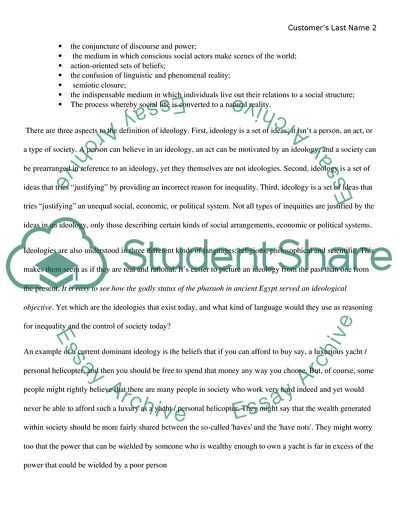Cite this document
(The Word Ideology Essay Example | Topics and Well Written Essays - 1750 words, n.d.)
The Word Ideology Essay Example | Topics and Well Written Essays - 1750 words. https://studentshare.org/sociology/1752646-definition-essay-on-ideology
The Word Ideology Essay Example | Topics and Well Written Essays - 1750 words. https://studentshare.org/sociology/1752646-definition-essay-on-ideology
(The Word Ideology Essay Example | Topics and Well Written Essays - 1750 Words)
The Word Ideology Essay Example | Topics and Well Written Essays - 1750 Words. https://studentshare.org/sociology/1752646-definition-essay-on-ideology.
The Word Ideology Essay Example | Topics and Well Written Essays - 1750 Words. https://studentshare.org/sociology/1752646-definition-essay-on-ideology.
“The Word Ideology Essay Example | Topics and Well Written Essays - 1750 Words”. https://studentshare.org/sociology/1752646-definition-essay-on-ideology.


